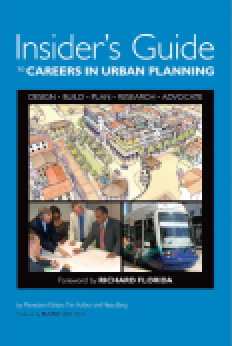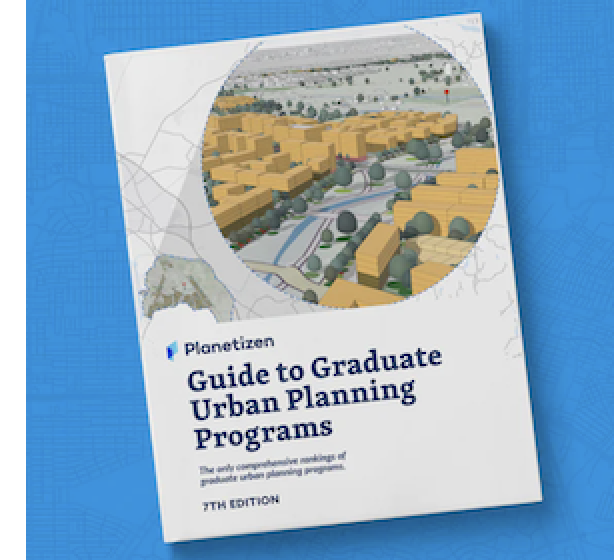In GeekWire, Chuck Wolfe covers an atypical urban planning and policy gathering called an “Urban Resilience Hackathon,” which was held at the University of Washington in Seattle late last month. For a day, the event showcased collaborative problem solving and innovative thinking in addressing urban challenges.

Writing for GeekWire—and as a hackathon participant—Chuck Wolfe explains how the hackathon brought together volunteer organizations, state and local government, students, and researchers to co-develop testable “resilience pilot projects” that could help Seattle be more prepared for future disruptions.
DemocracyLab, a “tech for good” nonprofit, helped facilitate the hackathon, which had support from the National Science Foundation LEAP-HI project, and the UW’s Department of Urban Design and Planning.
The UW hackathon centered on various pitches each addressing a different aspect of urban resilience to be tested against a future earthquake, pandemic, excessive heat event, or massive airline flight grounding. The pitches were also assessed for support of the Seattle Climate Action Plan and Seattle Race and Justice Initiative.
The range of projects presented, from urban system solutions to emergency water storage, speaks to the diverse issues that require further preparation and collaboration.
“Crises don’t allow time to invent responses from scratch,” said Dr. Dan Abramson, one of the event’s organizers from the UW Department of Urban Design and Planning. “Cities need to be adaptable, and the most adaptable cities are those that have a deep reserve of policies and programs they can draw on to keep themselves vital when normal activities are disrupted.”
FULL STORY: Can tech help cities plan for disasters? 7 ideas from an urban resilience hackathon

New Florida Law Curbs HOA Power
The legislation seeks to cut down on ‘absurd’ citations for low-level violations.

New Tennessee Law Allows No-Cost Incentives for Affordable Housing
Local governments in the Volunteer State can now offer developers incentives like increased density, lower parking requirements, and priority permitting for affordable housing projects.

Planners’ Complicity in Excessive Traffic Deaths
Professor Wes Marshall’s provocatively-titled new book, "Killed by a Traffic Engineer," has stimulated fierce debates. Are his criticisms justified? Let’s examine the degree that traffic engineers contribute to avoidable traffic deaths.

Study: Housing Crisis is About Affordability, not Supply
New research shows that there is no overall shortage of housing units, but all U.S. metropolitan areas face a severe lack of affordable units for low-income renters.

Are Race-Based Lawsuits Affecting Community Lenders?
Shelterforce spoke with community lending leaders and experts about the current mood across the sector. What, if anything, are organizations doing to avoid becoming the next target of conservative activists?

New Park Promotes Community and Connectivity in Lewisville, Texas
The city of Lewisville just celebrated the opening of Glory Park/Parque la Gloria, helping to improve park access and the quality of life for residents.
City of Madera
City of Santa Clarita
Borough of Carlisle
HUD's Office of Policy Development and Research
Chaddick Institute at DePaul University
HUD's Office of Policy Development and Research
Colorado Energy Office
Pima County Community College District
City of Piedmont, CA
Urban Design for Planners 1: Software Tools
This six-course series explores essential urban design concepts using open source software and equips planners with the tools they need to participate fully in the urban design process.
Planning for Universal Design
Learn the tools for implementing Universal Design in planning regulations.



















670d.png)

1784.png)





